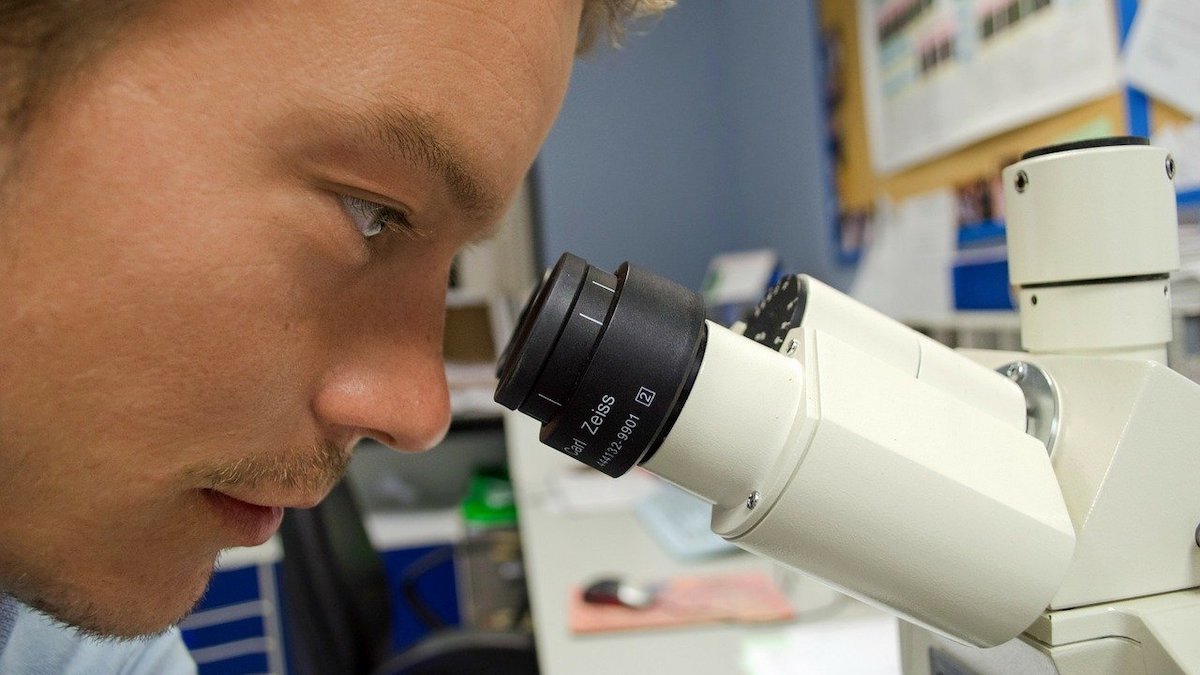
Detroit Mercy recently received a grant from the National Science Foundation that will fund $36,000 scholarships for 20 students in STEM fields. | Stock photo
The National Science Foundation (NSF) recently awarded a $998,996 grant to Detroit Mercy’s College of Engineering and Science that will help provide programming for students from historically underrepresented groups to pursue careers in STEM fields.
STEM careers are those in the fields of science, technology, engineering and mathematics.
The funding will go toward the university’s Science and Engineering Equity Development (SEED) program, which is expected to begin next summer, a release issued on the University of Detroit Mercy's website said. Under the program, two groups of 10 freshmen students with unmet financial needs will each receive a $36,000 scholarship paid out over four years at $9,000 per year.
Shadi Bani Taan, an associate professor and director of Detroit Mercy’s Computer Science and Software Engineering programs, is the program lead.
“SEED’s goal is to increase retention, graduation and employment rates of students underrepresented in STEM fields by providing them a support system that addresses personal, career and academic development,” the release stated. “Students in SEED must complete three industrial co-operative internships and participate in group counseling sessions and non-residential cohort-building activities.”
Yet, the money is ultimately more of an investment than anything else, Bani Taan said in the release. Both the NSF and the entire academic community will benefit from the lessons learned as the program progresses.
Richard Hill, assistant dean for Research and External Initiatives and associate professor of mechanical engineering, noted that there is potential for success with the SEED program to lead to something that can be easily replicated at smaller institutions, providing a broader base of STEM education across the country.
The University of Detroit Mercy has a number of other programs that are structured to increase diversity in scientific fields, the release said. They include the dual-enrollment program with Detroit Cristo Rey High School, the innovating Detroit’s Robotics Agile Workforce (iDRAW) program and the ReBUILDetroit initiative.






 Alerts Sign-up
Alerts Sign-up